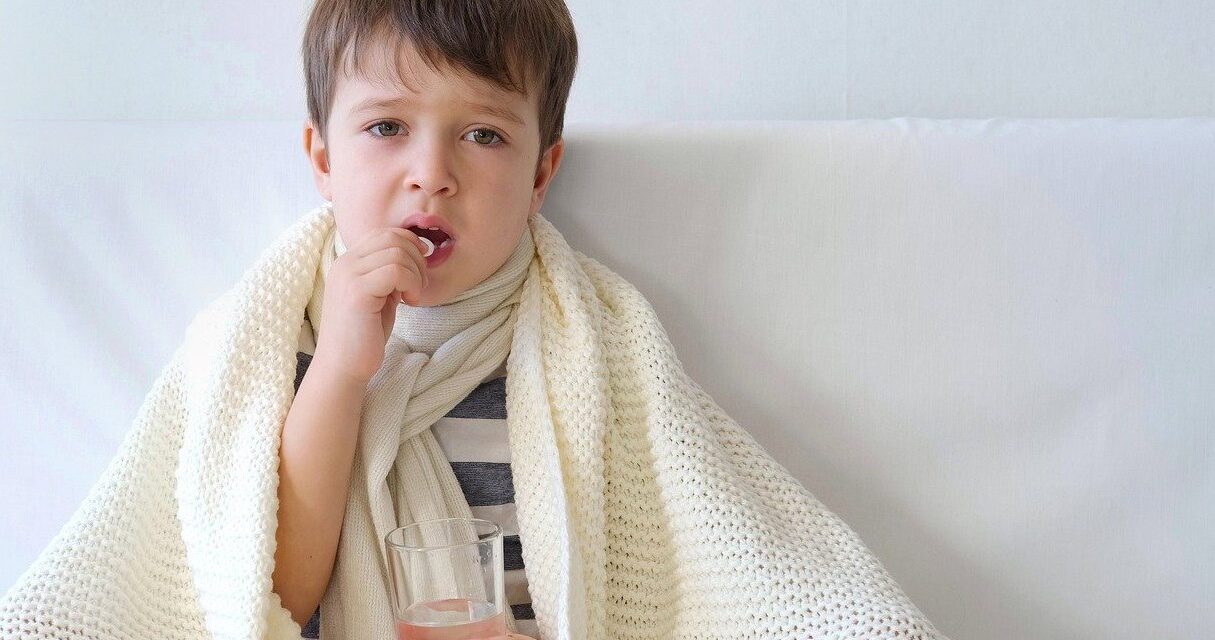The number of cases of whooping cough in our country has increased significantly, so in recent weeks it has happened several times that pharmacies could not serve the increased needs. It should be known that babies are the most at risk of the disease, so families with small children should not be visited until the little ones are two months old, and adults may also need a booster vaccination.
hirado.hu was informed by Ágnes Galgóczi, head of the Department of Epidemiology of the National Center for Public Health and Pharmaceuticals (NNGYK) , that the vaccine will soon be available again, and that the vaccine will be restocked in a few days. stocks.
"Manufacturers now find it difficult to handle this increased demand, as the demand for vaccination is increasing not only here, but also in other European countries, and larger volume production in a shorter time is not possible. A larger number of shipments is also expected this weekend, which will probably be available in pharmacies at the beginning of next week. If someone can't find it right now, we ask for a little patience, it will be available and replaceable, and the doctors will be able to administer it."
Whooping cough spreads like an epidemic
Just for comparison, while between 5 and 20 cases of whooping cough were reported annually before the coronavirus epidemic, which was reduced to 1-2 cases a year during the pandemic, this year, up to the 35th week, 613 suspected cases were registered.
However, the dramatic jump - as Ágnes Galgóczi puts it - is also so striking because of the increased attention:
"General practitioners and pediatricians often send samples for testing because they think that the cause of whooping cough is behind the patient's symptoms. That is why more suspicious cases are entered in the epidemiological register, and this is also the reason for this increase in the number of cases."
However, the specialist emphasized that the infection could only be confirmed in a laboratory in about a quarter of the submitted samples.
One infectious patient can infect 15 people
Whooping cough, a long-known classic childhood disease, is caused by a bacterium, Bordetella pertussis, which caused major epidemics in the middle of the 20th century. This bacterium is best spread by droplet infection, and after the incubation period, it first causes catarrhal symptoms in the upper respiratory tract, after which the characteristic cough that gives the disease its name appears.
"Actually, it's a cough similar to the sound of a donkey, when you can hear a pulling sound when you inhale, because it's difficult to inhale. It is precisely this symptom that causes complications in infants and newborns: cessation of breathing, lack of oxygen and possible respiratory arrest," emphasized Ágnes Galgóczi.
Babies are the most at risk
The disease is typically mild in adults and among vaccinated people, but the protection of newborns and infants is the most important, since the course of the disease in them can be very serious, even fatal.
"Infants under one year of age or newborns who have not received any vaccinations at all or have only partial vaccination status are most at risk. The vaccination program starts from the age of two months, since the available vaccines can be given to newborns from the age of six weeks. In the mandatory vaccination schedule, it looks like children receive the basic immunization with vaccinations at the age of two months, three months and four months, after which the little ones either do not get sick anymore, or they only develop a mild illness. That is why it is very important that babies receive the mandatory vaccinations on time. The children then receive a booster vaccination at 18 months of age, and for the last time at 11 years of age," emphasized Ágnes Galgóczi, head of department at the NNGYK.
Families with small children should not be visited until they are two months old
The greatest risk for unvaccinated newborns is the family members who meet them and take part in their care, who can carry the bacteria themselves. The disease is associated with mild, coughing symptoms in adults and vaccinated individuals, which can be easily cured with antibiotics.
Ágnes Galgóczi said that in order to protect unvaccinated and partially vaccinated babies, the NNGYK recommends revaccinating pregnant mothers in the third trimester of pregnancy, because they can pass on the protection thus acquired to the fetus. In the same way, revaccination of family members assisting in the care of newborns is also recommended.
The head of the department also drew attention to the fact that in the first 6-8 weeks after the birth, parents should not visit with the newborn, avoid crowded places and limit the reception of visitors.
Adults may also need a booster shot
In Hungary, since the mid-1950s, the compulsory vaccination against whooping cough has been included in the vaccination against whooping cough, which is a series of vaccinations with which protection against whooping cough can be gradually built up. However, the effect of the vaccine does not last forever.
"Revaccination of the whooping cough component vaccines is recommended every five years for young adults or women planning pregnancy, but revaccination every ten years is generally recommended for the general population. The expectant grandparents, i.e. grandmother and grandfather, can also administer the vaccine if they are involved in the care of the newborn," emphasized the expert, who added that the future parents can also take care of the vaccination before pregnancy. During pregnancy, vaccination is recommended in the 3rd trimester.
Don't forget about non-specific protection, if someone experiences upper respiratory symptoms, don't visit a newborn, don't take the newborn to a larger community until vaccinations start, and wearing a mask is also recommended if necessary.
Cover image: Pixabay













